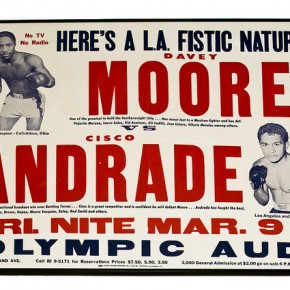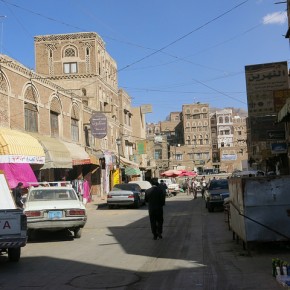It should have been a meme. For several months, at least, the news media could not put it down. First invoked in 2011, in reference to the 15-M movement protesting the Spanish government’s inept handling of the economic crisis, the term ‘Indignados’ became a media catch-all, used to describe European leftists, critical of Brussels-mandated austerity policies.
Following the rise of Occupy in the US, the term turned into a more general reference, prefiguring, by a matter of months, the anti-market politics espoused by anti-Wall Street protestors. Though not routinely employed, it was referred to often enough that it successfully marked the continuity in unrest then taking place in Europe and the United States.
To those making it at the time, the consistency made sense. In a globalized marketplace, economic crises are universal. Americans might not be subject to the exact same austerity policies as their European counterparts. However, the inequality they’re contending with stems from the same kinds of neo-liberal policies. Perhaps more severe ones, given the continuous measures taken to downsize the US public sector over the last three decades.

Indeed, “Indignados” covers a lot of potential ground. Far more, perhaps, than it has been used to cover so far. An umbrella term of anti-market advocates, of various stripes? What about feminists, diversity advocates, and environmentalists? Taken out of context, indignance has no sole object. As such, the term has all kinds of branding possibilities. It could simply mean ‘left.’
These two Italian flyers lend credence to the generalist idea. In both cases, the use of Indigandos is sufficiently broad, reflecting the late Stephane Hessel‘s adoption of the term (Indignez-vous! or Be Outraged) as well referring to the more straightforward, conventionally progressive connotation of the term (revolution, rebel, democracy) in the lead image. The accompanying gig flyer does little to dampen counter-cultural associations.
Does Indignados still have the same sort of political purchase? Descriptively, yes. The original crisis, which caused Spaniards to take to the streets, shows little signs of abating. Yet, the term has largely fallen out of usage. Blame it on the news media. Blame it on the left. There’s no reason it might not appear again. Even as a term to describe populist protestors, such as France’s Manif Pour Tous, and Italy’s I Forconi movements.
Photographs courtesy of Joel Schalit.





